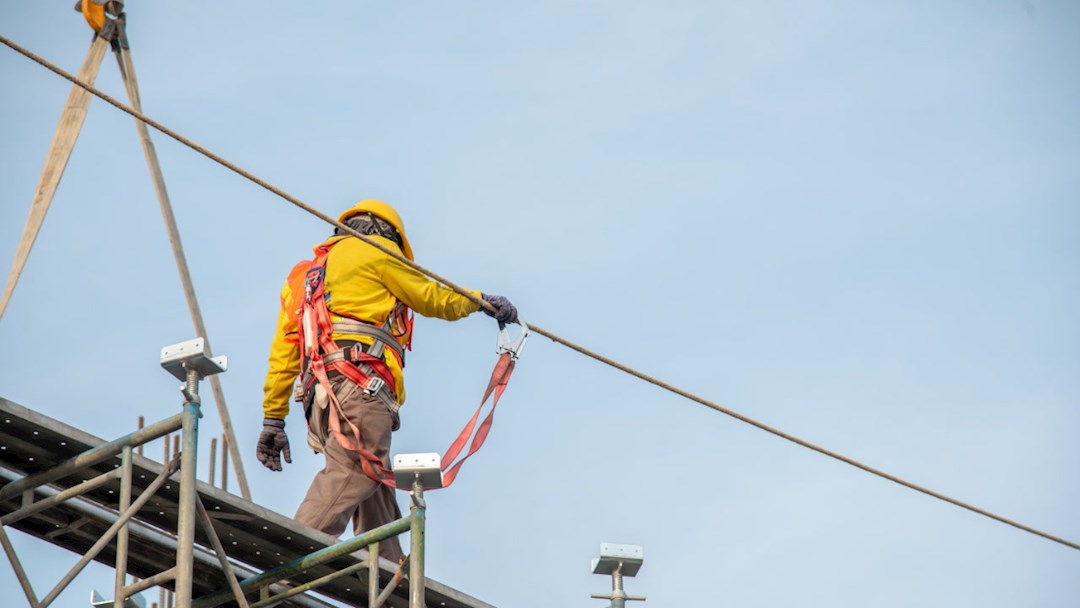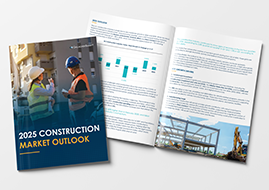
The construction industry, known for its physically demanding work and high-risk environment, is facing a silent crisis: mental health. While physical safety has long been a focus, mental health issues have often been overlooked, despite their significant impact on worker wellbeing and safety.
Addressing mental health in construction is crucial for creating a safer, more supportive work environment and improving overall industry outcomes.
The Scope of the Mental Health Problem
Construction workers are at a higher risk for mental health issues than workers in other industries. According to the Centers for Disease Control and Prevention (CDC), the construction industry has one of the highest suicide rates among all occupations, with workers being significantly more likely to die by suicide than the general population (CDC, 2020). Factors contributing to this high rate include job insecurity, long hours, high-pressure environments, and a culture that often stigmatizes mental health struggles.
The Impact on Safety and Productivity in the Construction Industry
Mental health issues can have a profound impact on safety and productivity in construction. Workers experiencing stress, anxiety, or depression may have difficulty concentrating, leading to increased risk of accidents and errors. The National Institute for Occupational Safety and Health (NIOSH) highlights that mental health challenges can impair judgment and decision-making, further compromising safety on construction sites (NIOSH, 2024).
Addressing the Crisis: Strategies for Improvement
Promoting Awareness and Reducing Stigma
Raising awareness about mental health and reducing stigma are essential for encouraging workers to seek help. Construction companies can implement mental health awareness campaigns and provide training to help employees recognize signs of mental distress in themselves and others. The Construction Industry Alliance for Suicide Prevention (CIASP) offers resources and guidance for promoting mental health awareness in the industry.
Providing Access to Support Services
Access to mental health support services is critical for addressing the needs of construction workers. Employers can offer Employee Assistance Programs that provide confidential counseling and support. Additionally, partnerships with mental health organizations can facilitate access to resources and treatment options.
Fostering a Supportive Work Environment
Creating a supportive work environment involves fostering open communication and encouraging workers to speak up about mental health concerns without fear of judgment or repercussions. Leadership plays a key role in setting the tone for a culture of support and understanding.
Implementing Stress-Reduction Initiatives
Stress-reduction initiatives, such as flexible work schedules, mindfulness training, and wellness programs, can help alleviate some of the pressures faced by construction workers. These initiatives contribute to a healthier work-life balance and improve overall wellbeing.
Conclusion
Addressing mental health in construction isn't only a moral imperative but also a critical component of ensuring safety and productivity. By promoting awareness, providing access to support, and fostering a supportive work environment, the construction industry can tackle this silent crisis and create a healthier, more resilient workforce.
Gallagher Bassett provides comprehensive end-to-end risk management solutions for the construction industry, supporting our clients from preconstruction through closeout with a focus on loss prevention, mitigation, remediation, and resolution. In collaboration with Safe T Professionals, the Gallagher Bassett Technical Services team delivers risk management solutions, including loss control, training, and site and claims resolution services. Our team of multidisciplined technical experts partners with clients to effectively minimize the impact and costs associated with construction-related risks, ensuring exceptional outcomes at every stage of the project life cycle.
Learn more about our partnered solutions for the construction industry.
Sources
CDC. (2020). "Suicide Rates by Industry and Occupation — National Violent Death Reporting System, 32 States, 2016."
National Institute for Occupational Safety and Health (NIOSH). (2024). "About Construction."
Make Gallagher Bassett your dependable partner
When making the right decision at the right time is critical to minimize risk for your business, count on Gallagher Bassett's extensive experience and global network to deliver.

